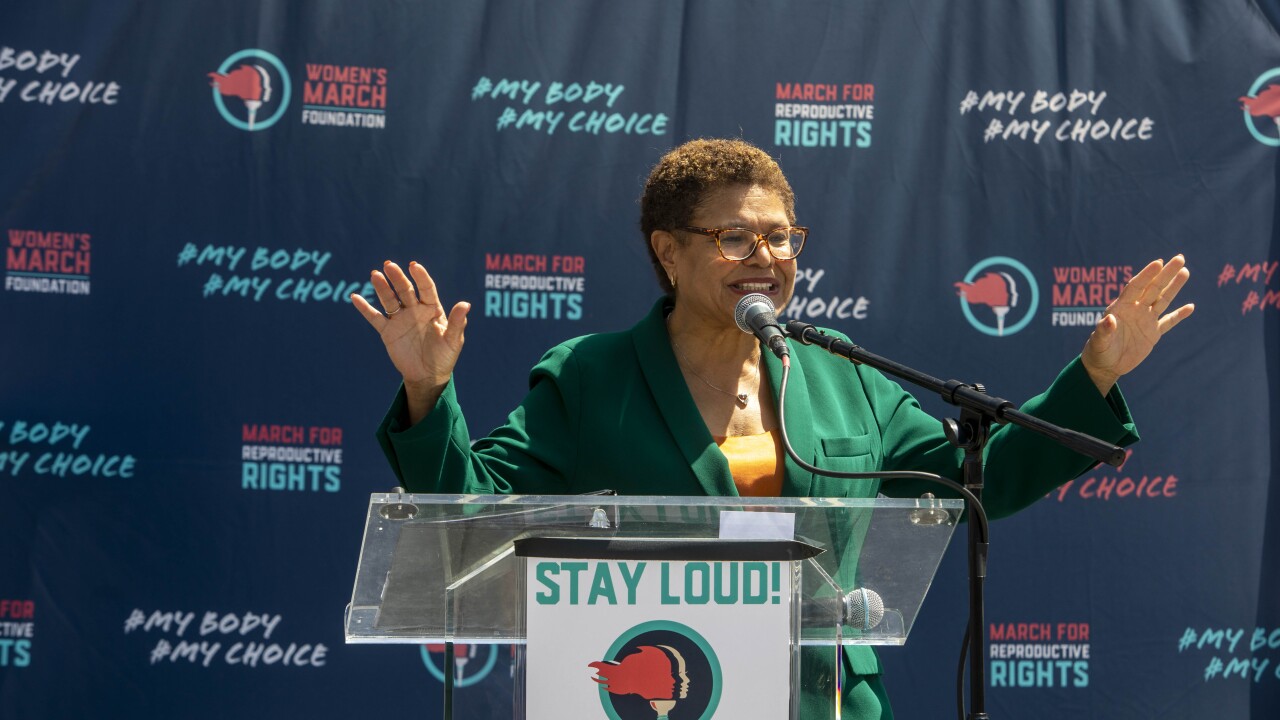PROVIDENCE, R.I. -- A new Pawtucket Red Sox stadium financing plan unveiled by House leadership late Wednesday would use future tax revenue in a large area of the city's core to pay for a new ballpark and surrounding infrastructure. It would also give public officials the power seize land for the stadium by eminent domain.

The legislation, backed House Speaker Nicholas Mattiello, removes explicit state guarantees on more than $80 million in potential borrowing authorized in a bill passed by the Senate earlier this year. Mattiello withheld support for a publicly backed stadium deal over concerns over the risk to state taxpayers.
To shift that risk to investors, the House plan would have higher borrowing cost than the Senate version, which estimated $14 million in borrowing cost on top of the $83-million price tag for the stadium.
Exactly how much more expensive the House plan will be is unclear from the revised legislation, which only specifies the team's contribution to the project, without borrowing costs, which is the same as the Senate version: $45 million, with $12 million of that upfront and $33 million in bonds.
The Senate version had specified the state would pick up $23 million of the remaining cost and the city $15 million, but that breakdown is not specified in the House bill.
"The state and city shares are expected to be the same (as we said yesterday) -- actual borrowing costs will be subject to the rates that come out of the analysis on the revenue that is available to support the bonds -- there are agreements referred to in the legislation that will dictate how this will eventually look," said House spokesman Larry Berman. "This hearing is to lay out the framework -- there is much to be considered, decided, added, refined etc if this is going to move forward."
The ballpark would be owned by the city-controlled Pawtucket Redevelopment Agency, which would issue the bonds and lease the stadium to the team.
To finance the project without a state guarantee, the House plan would dedicate both city property taxes and a swath of state taxes (such as sales tax, income tax and hotel tax) to paying off the 30-year bonds.
Pawtucket had always proposed dedicating new property tax revenue generated in and around the stadium to pay off its bonds, a strategy known as tax increment financing (TIF), but the House bill adds in the state tax collections, creating what is known as a "Super TIF."
Dylan Zelazo, deputy director of administration for Pawtucket, said to make the deal attractive to investors without a state guarantee, the boundaries of the area where taxes would go toward paying off the bonds is expected to expand from the original TIF district to include "additional parts of the riverfront and downtown."
Tax collections scooped up by the "Super TIF" would pay off the bonds, but excess revenue would be put in an account that would pay for stadium improvements and "infrastructure improvements in and around the area of the Downtown Pawtucket Redevelopment Project," the bill says.
The ballpark is planned for the Apex site between Route 95 and downtown Pawtucket, a long-underutilized area.
The second half of the 21-page House bill adds a new section to the state's blight redevelopment law allowing eminent domain to be used to build a ballpark and recreational facilities. It amends the definition of an area considered blighted for public economic development to include "lands, buildings, or improvements which themselves [are blighted] but may consist of an area in which these conditions exist and injuriously affect the entire area."
"The House proposal will allow the stadium to be built with no risk to the Rhode Island or the Pawtucket taxpayers," Mattiello wrote in an email earlier Wednesday in response to attacks on the ballpark project from state Republican Party Chairman Brandon Bell. "These are special revenue bonds only payable through revenues. There is no other recourse against anyone."
Bell, writing before the bill itself was released, said the House plan's higher borrowing costs would create a bankruptcy trap for the city that would eventually require a state bailout.
"Even if the State of Rhode Island does not back-stop the stadium bonds now, it will end up bailing out Pawtucket in the future when it lacks the funds to pay for these bonds," Bell said in a news release.
A hearing on the new legislation is scheduled in the House Finance Committee Thursday evening.





